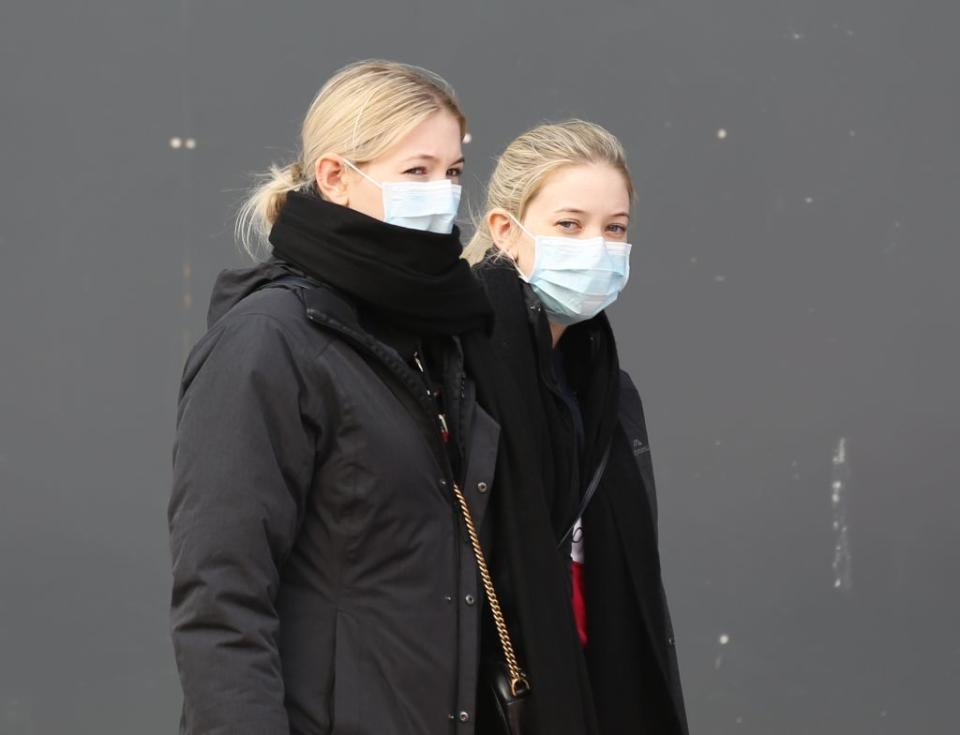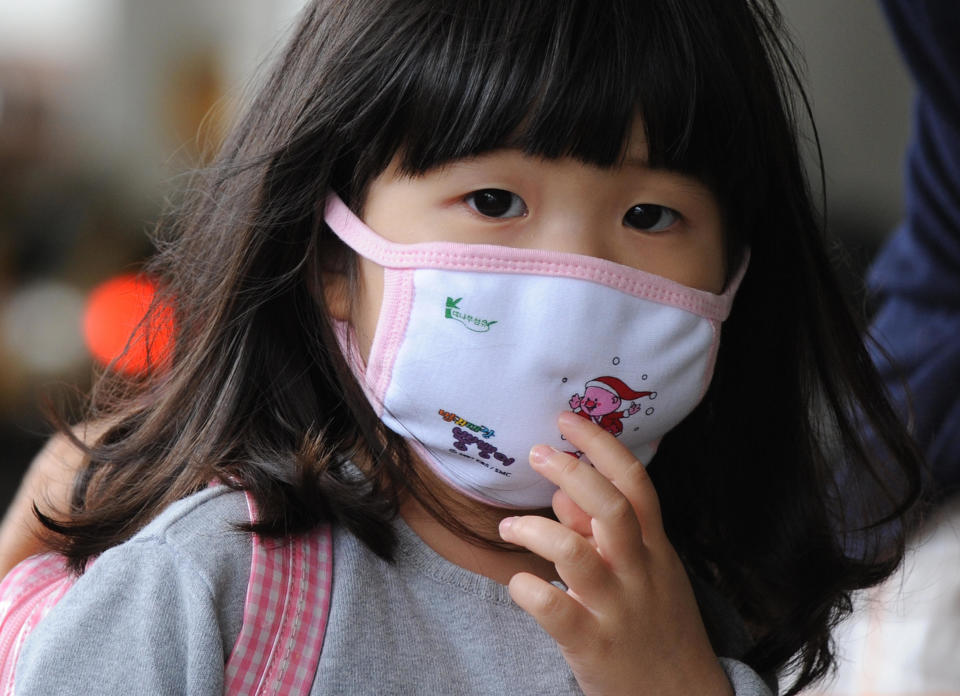Coronavirus: Scary realisation about impact on the young
While it’s no secret the elderly are the most vulnerable when it comes to contracting the novel coronavirus, health experts are warning young people should not dismiss the fatal dangers of COVID-19.
As a series of myths circulate regarding the outbreak, one of the more common utterances between young and middle-aged people is that they will be fine even if they contract coronavirus.
However referencing a recent World Health Organisation (WHO) seminar, health broadcaster Dr Norman Swan said it was a myth that only elderly people are dying from coronavirus.
“Intensive care units across China and Italy are full of people who are young and it’s the young who are dying with no obvious risk factor,” he told ABC Radio.
“When you look at the 30 or 40 year olds who are dying, they don’t have heart disease, they don’t have diabetes.”
He said doctors in the worst hit areas were facing “terrible ethical conditions” where they must choose between young and old patients as to who gets a hospital bed.
Medical teams from Italy, where the virus has killed nearly 3000 people and infected more than 35,000, have recently voiced their horror at the state of the medical system which has been pushed to its ultimate limit.
Coronavirus live blog: Latest news and updates about the crisis in Australia
In an alarming recording between doctors at the Niguarda Hospital in Milan obtained by ITV, they can be heard discussing the influx of patients from younger demographics.
“You have no idea how many young people are here, I mean even 20-year-olds with no underlying conditions, in need of assisted breathing because of horrible pneumonia,” one doctor says.

On Tuesday, WHO moved to reiterate that it’s not only the elderly, or those with underlying health issues, that are dying.
“While the vast majority [of cases in young adults and children] have experienced mild disease, some have experienced severe or critical disease and some young adults and one child, that we are aware of, has died,” it said.
In recent research published by the American Academy of Paediatricians (AAP), six per cent of 2,143 children with the virus in China between January and February suffered severe or critical illness.
One of the 125 children to have fallen severely ill had died. Sixty per cent of them were under the age of five, with researchers believing their undeveloped immune systems causing such results.
“Effectively, what this tells us is that hospitals should prepare for some paediatric patients because we can’t rule out children altogether,” Dr Srinivas Murthy, an associate professor of paediatrics at the University of British Columbia, told The New York Times.
Thirty-nine per cent of the children had moderate illness and four per cent were asymptomatic.
The dangers of children inside and outside of the classroom
Chair of the AAP Committee on Infectious Diseases Yvonne Maldonado warned those latter cases were of concern when it came to controlling the spread in society and preventing an epidemic within a population.
“Social distancing measures may really be the way to keep that from happening,” she advised.
On Wednesday, Prime Minister Scott Morrison announced the government would not be enforcing school or childcare centre closures on the advice of the country’s top medical advisors.
However Chief Medical Officer Professor Brendan Murphy admitted social distancing will be a problem.
“We know also that it's not really possible for children in a classroom to keep 1.5m apart from each other,” he said.

It was announced children should also continue taking public transport to school.
Mr Morrison pointed to Singapore who have managed to control the spread of COVID-19 while keeping schools open, however Singapore has been doing extensive testing in schools while Australian is doing none.
Additionally, Dr Swan said it was difficult to rely on their model considering schoolchildren had been on holiday during parts of the outbreak.
Prof Murphy said “most of the children” in China had contracted the virus from their parents inside the home and said if the government closed schools then parents and vulnerable grandparents would be tasked with providing care for them.
Speaking to Yahoo News Australia earlier this month, leading virologist Professor Ian Mackay from the University of Queensland also suggested the battle against the virus was in the home, more so than outside in public.
“South Korea’s Minister for Health made a comment just recently that the lockdowns weren’t as important as the testing and isolation and that’s probably because a lot of the spread in China seems to have occurred within households and not out in the wider community,” he said.
“So if we can keep those people that we know are positive for the virus away from other people, even from family, even in a separate room, so that we don’t have that contact then we seem to be able to stop the epidemic through those measures alone.”
Do you have a story tip? Email: newsroomau@yahoonews.com.
You can also follow us on Facebook, Instagram and Twitter and download the Yahoo News app from the App Store or Google Play.





